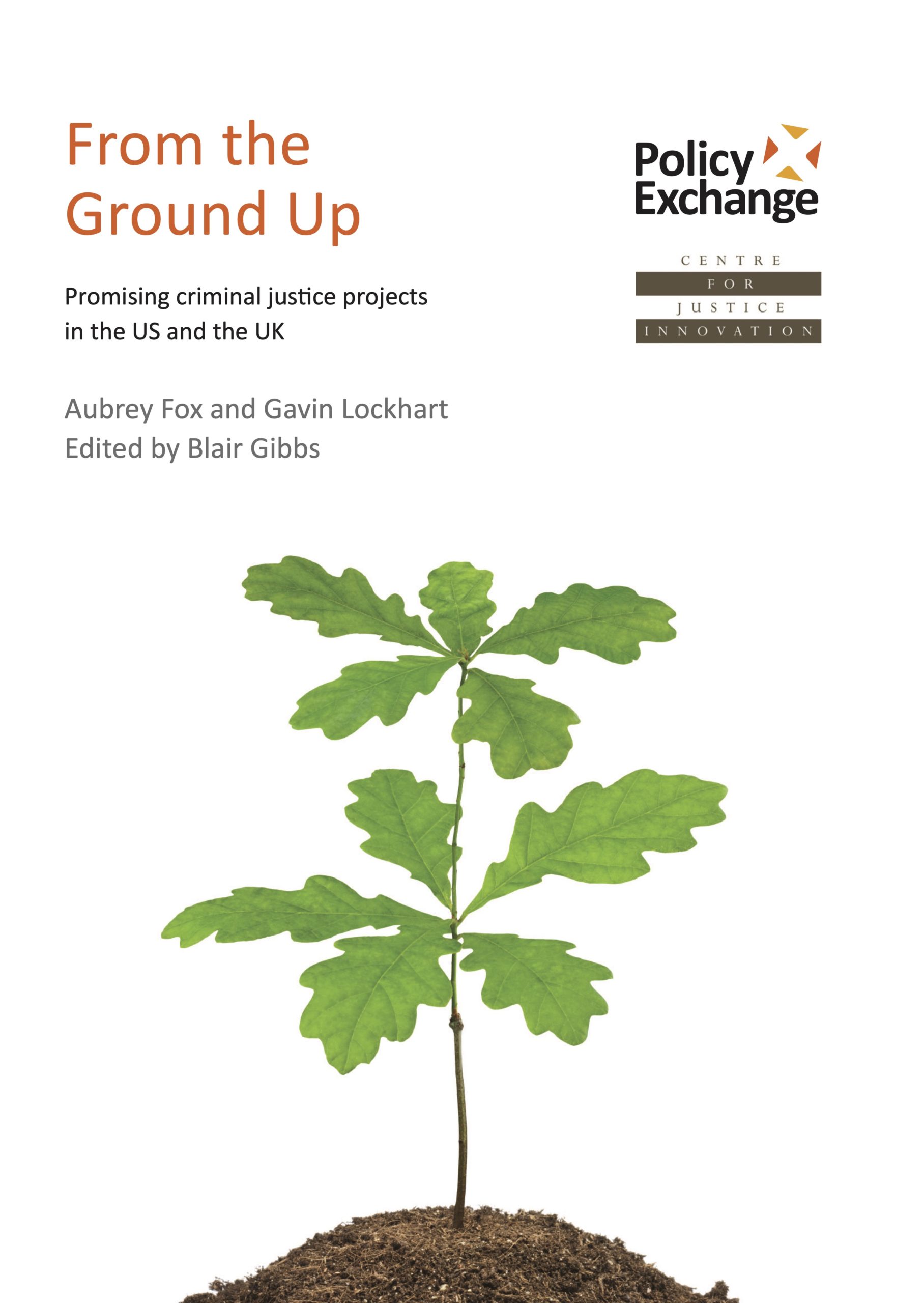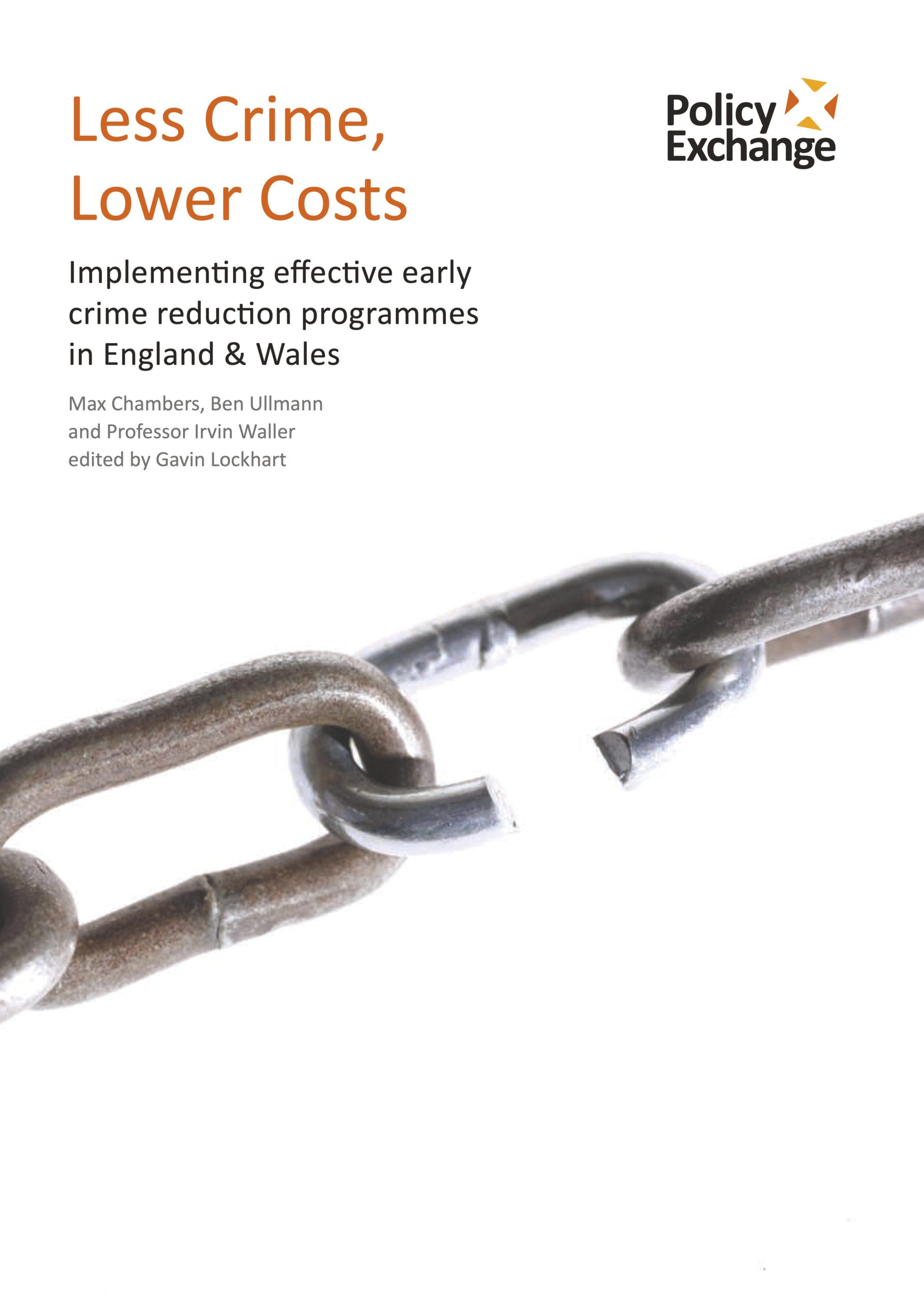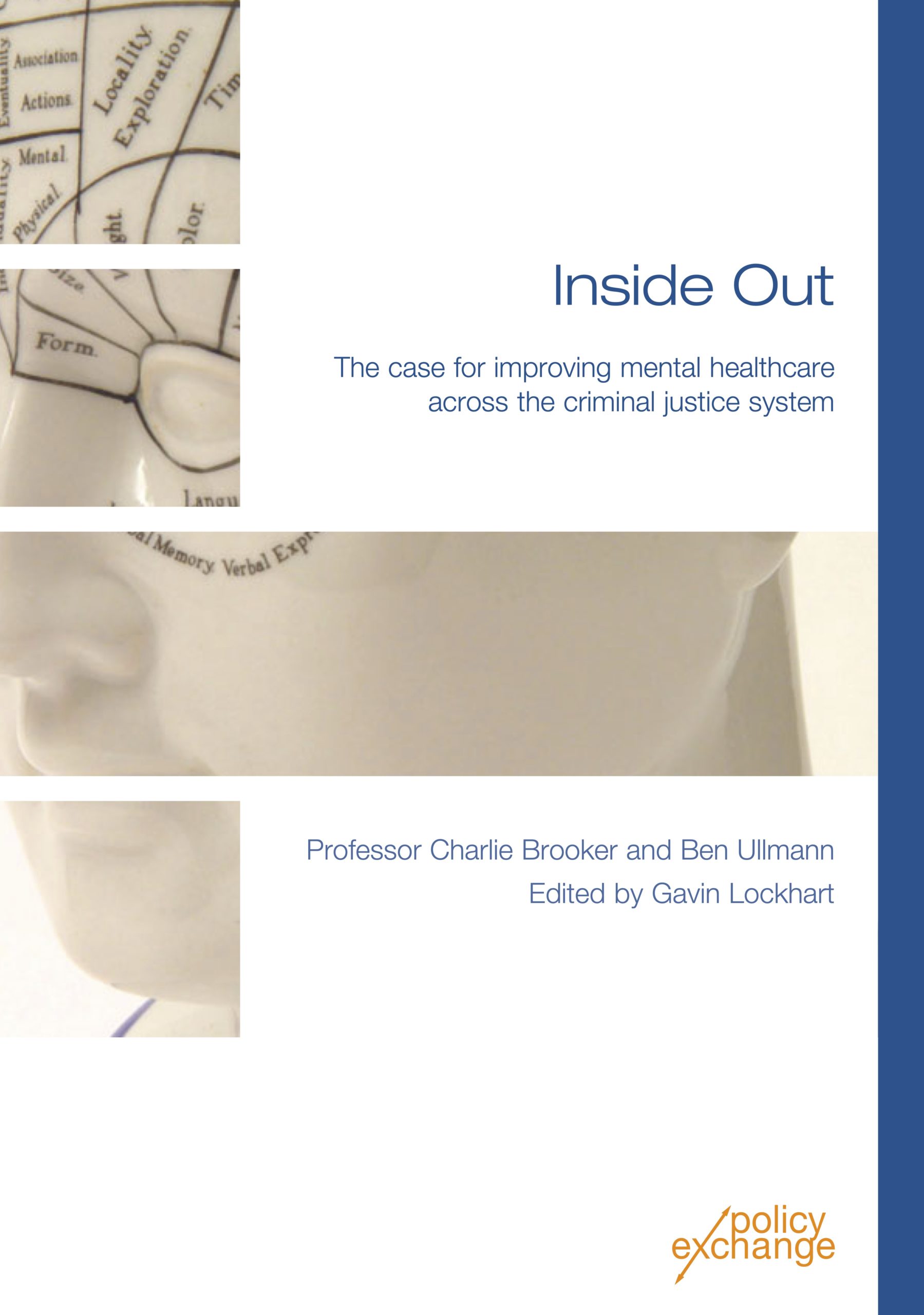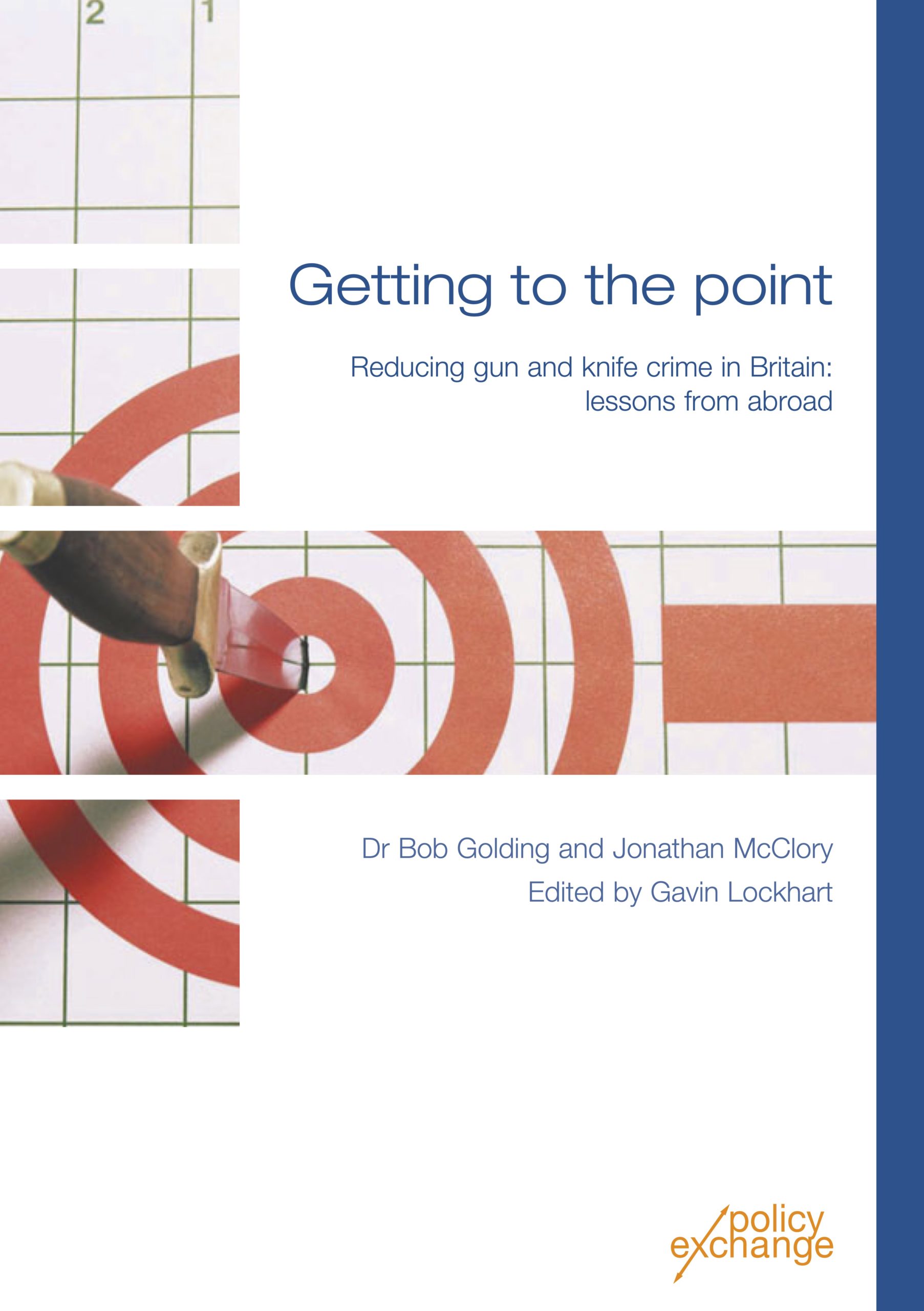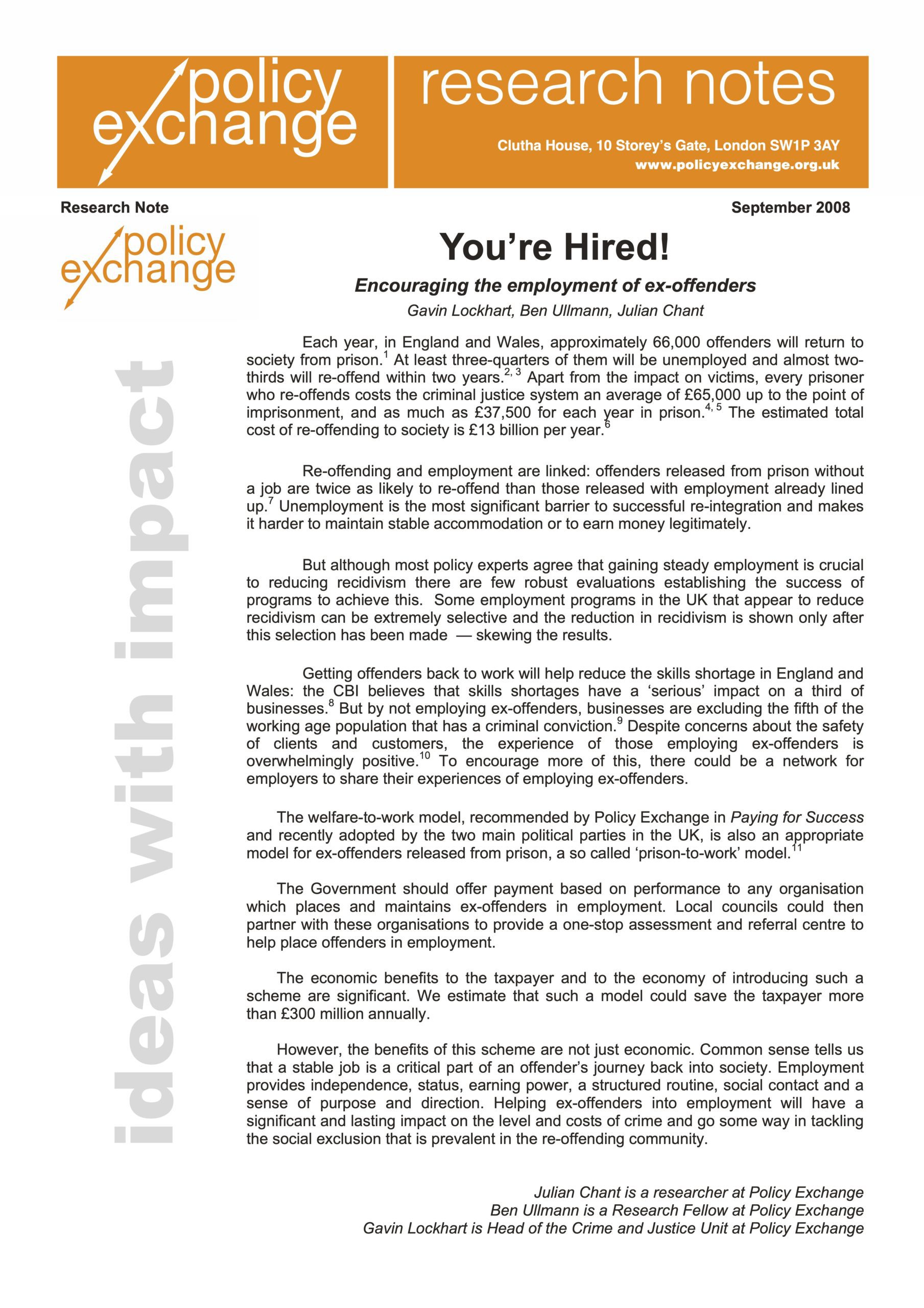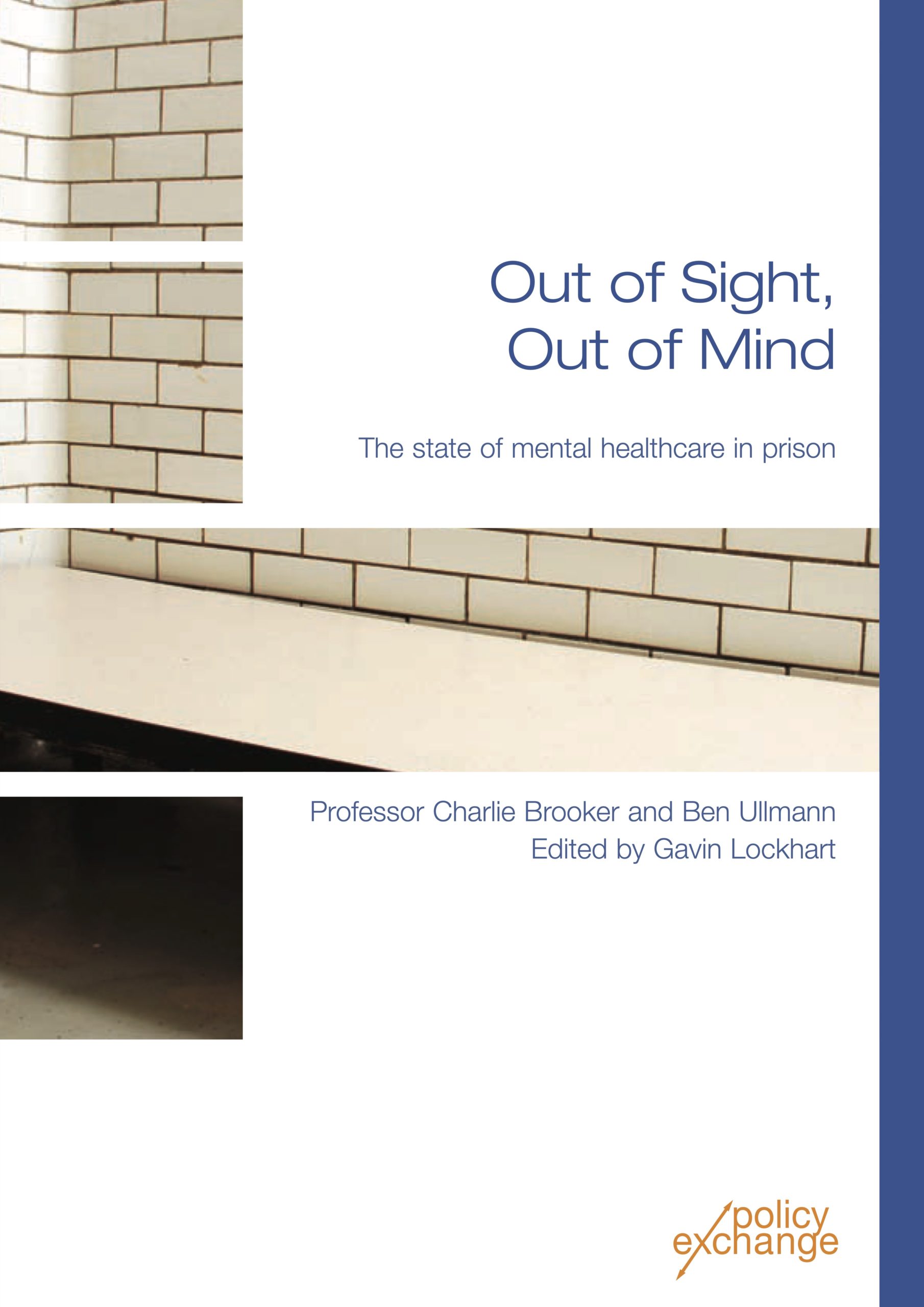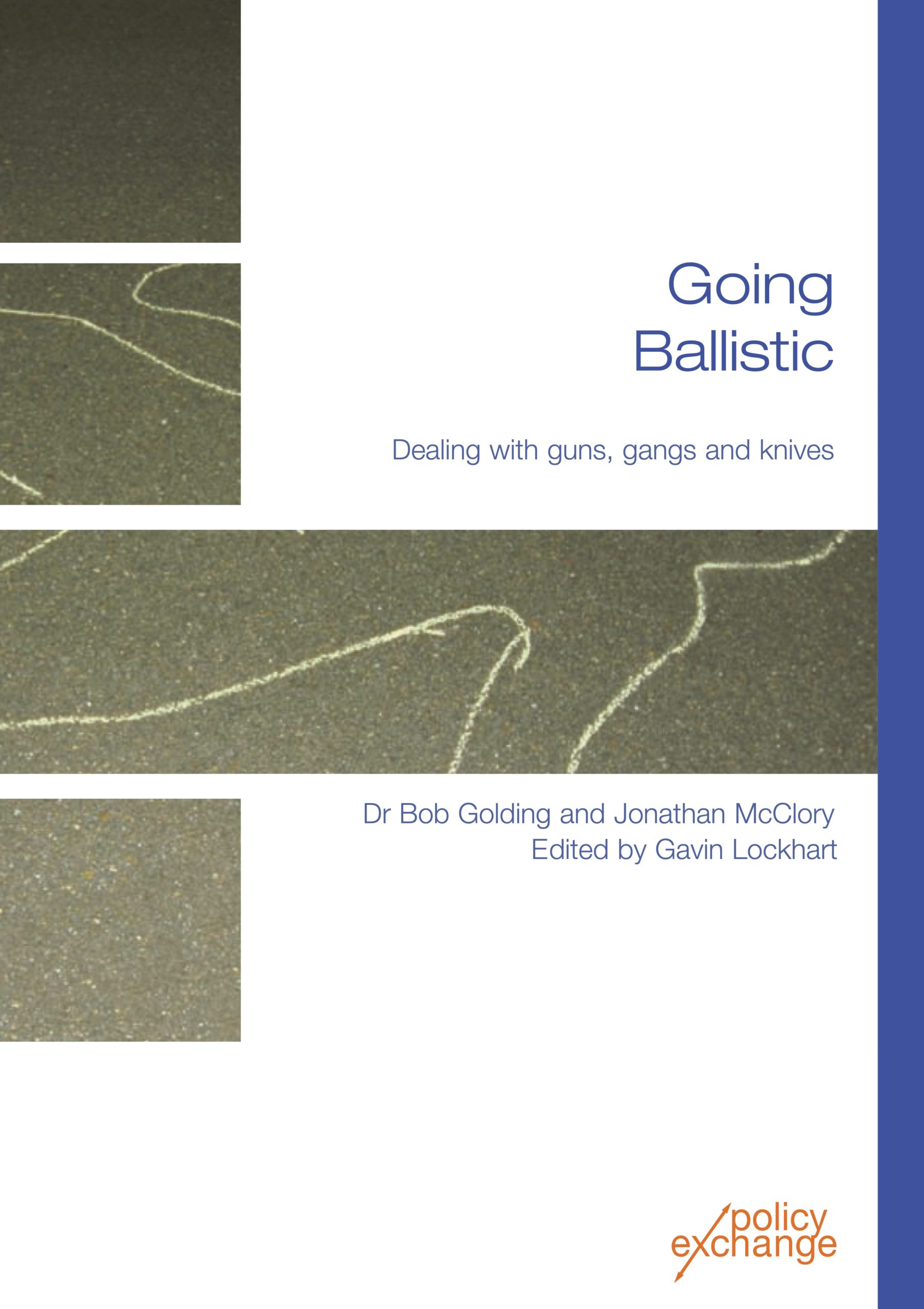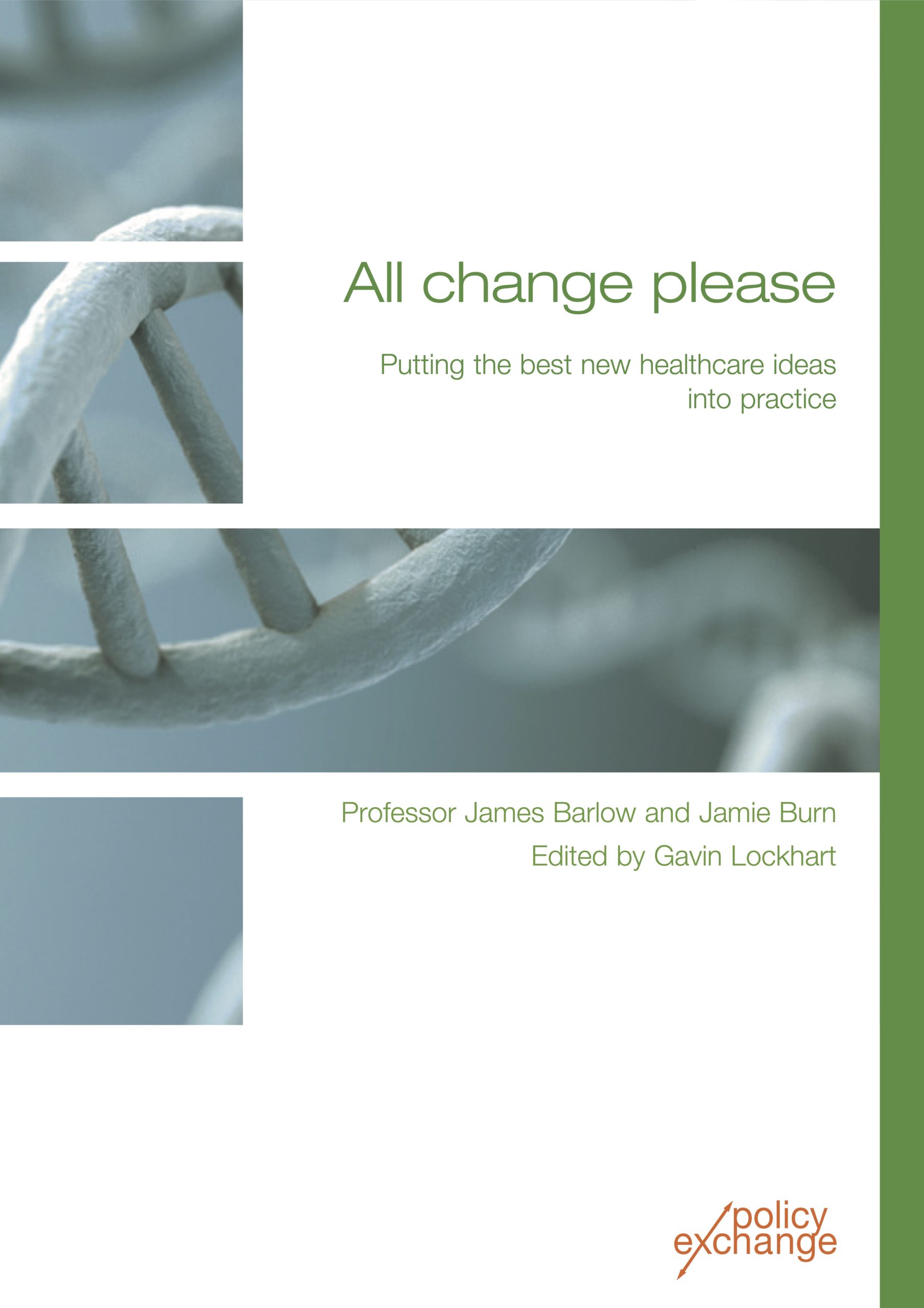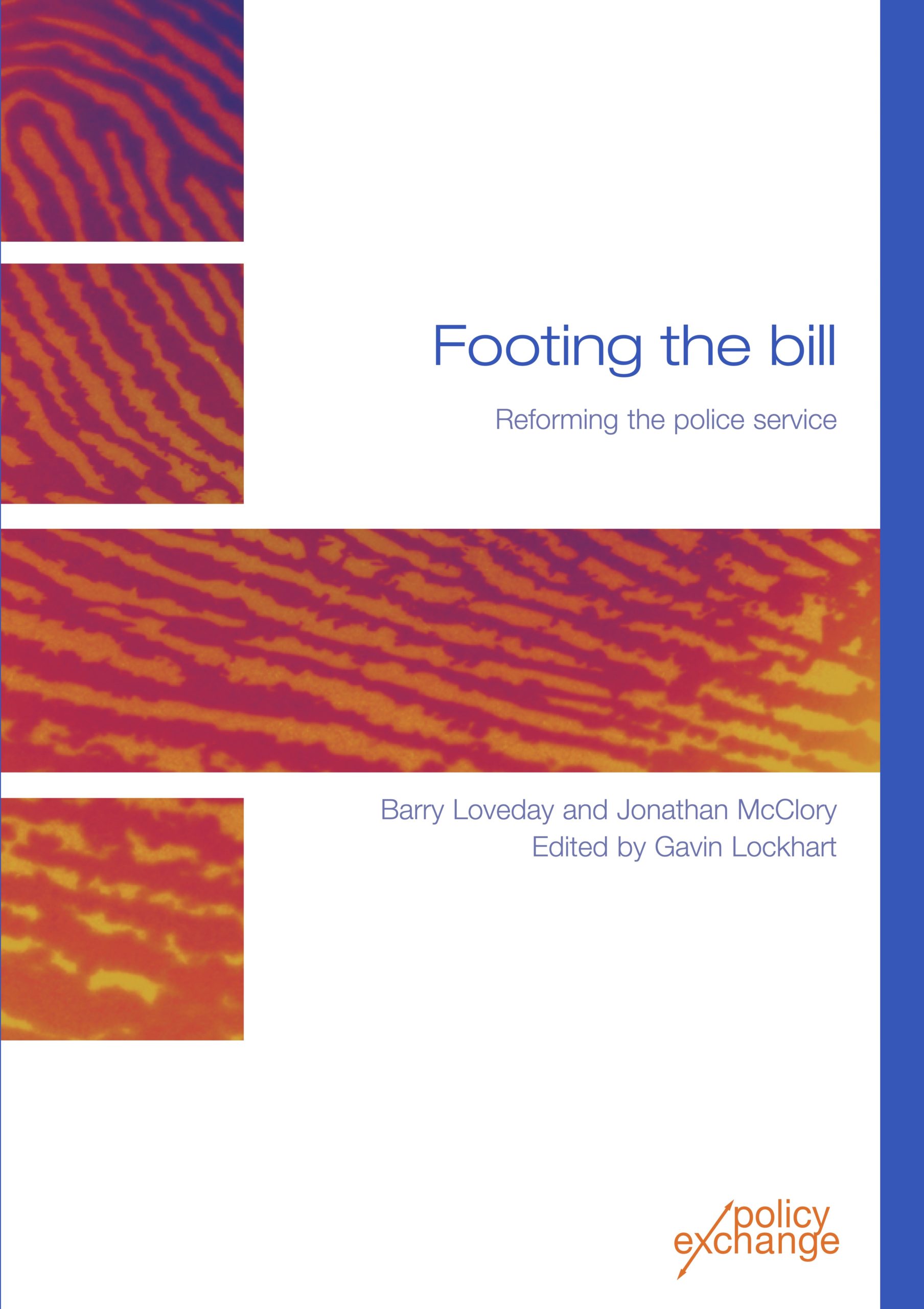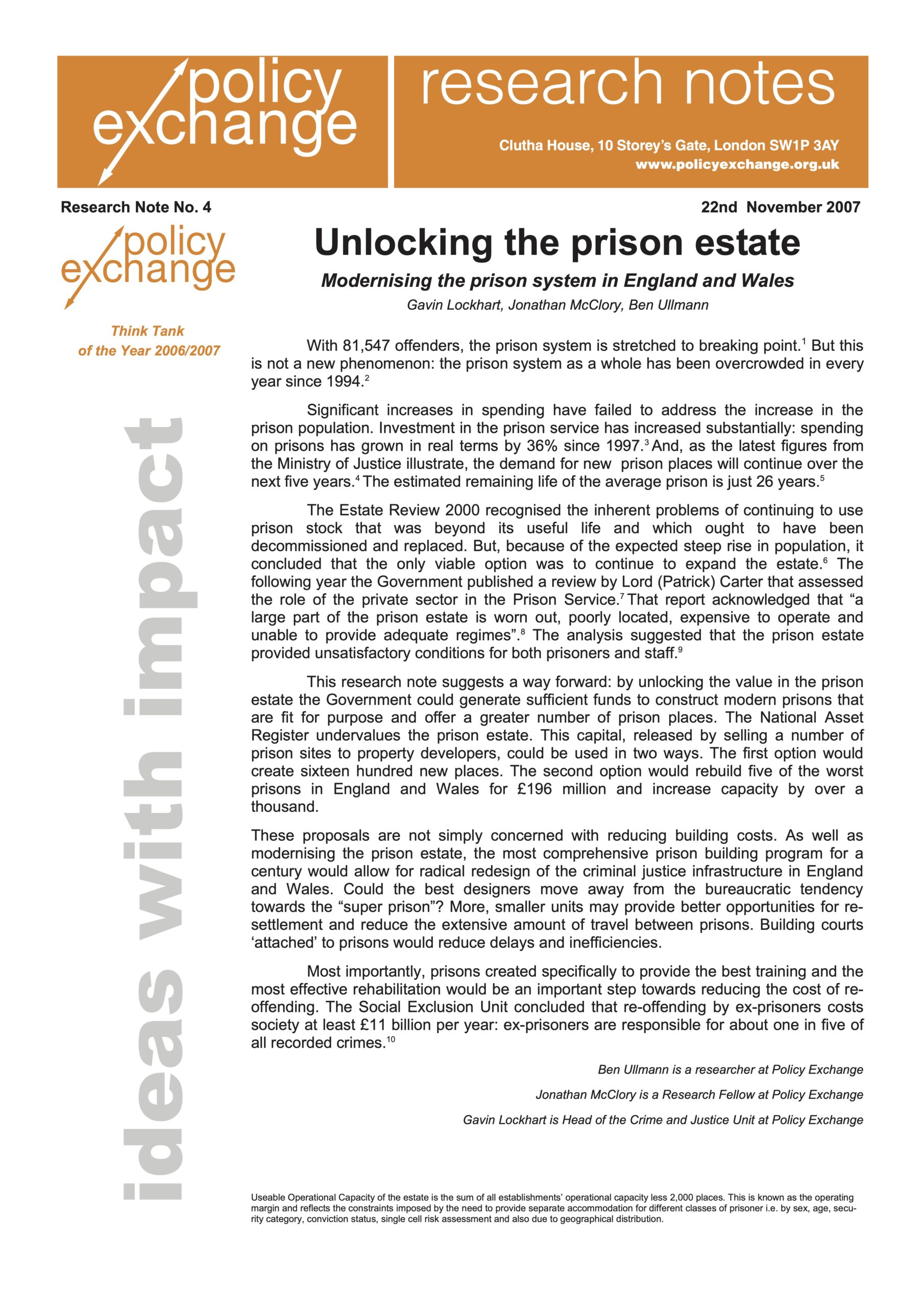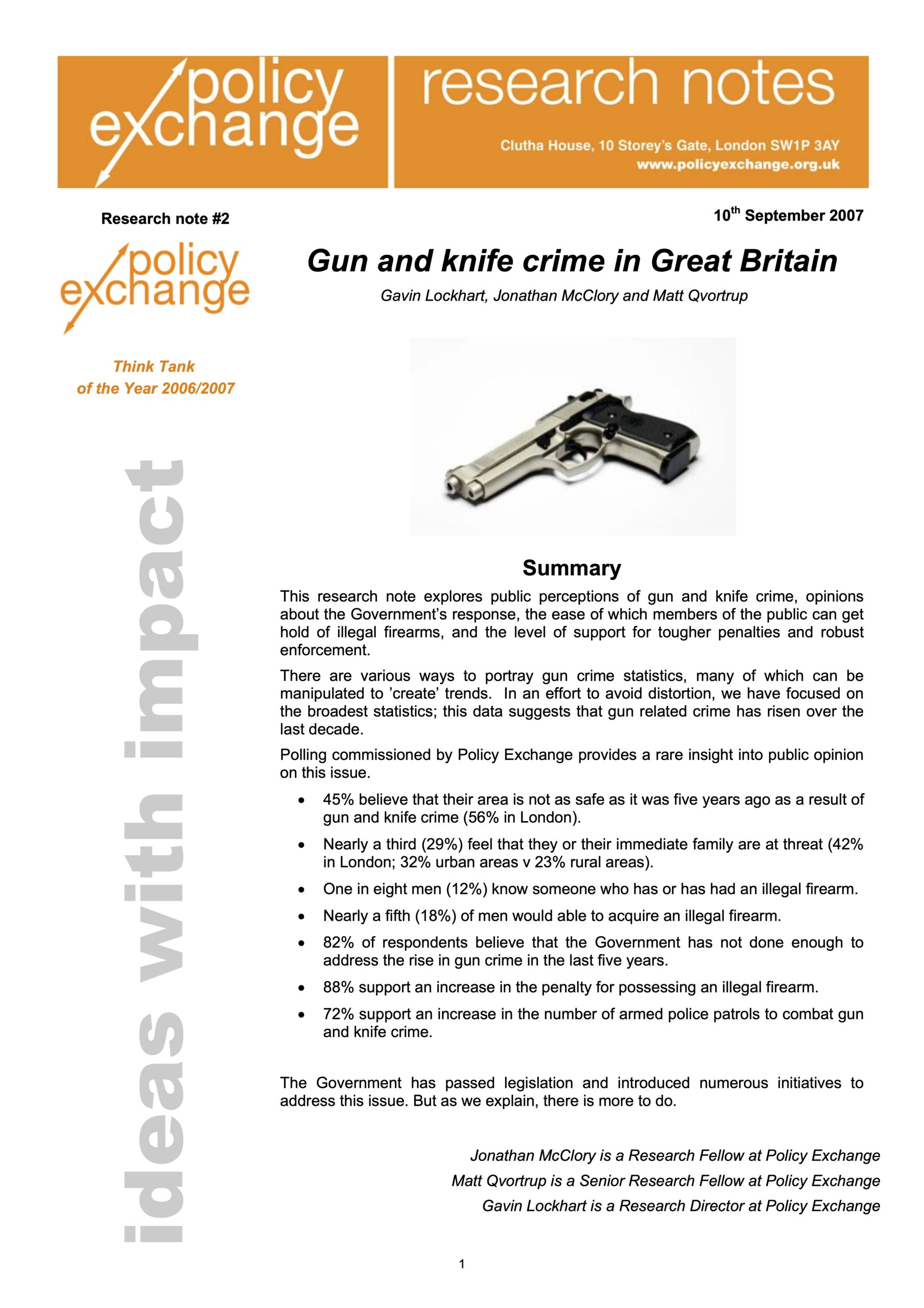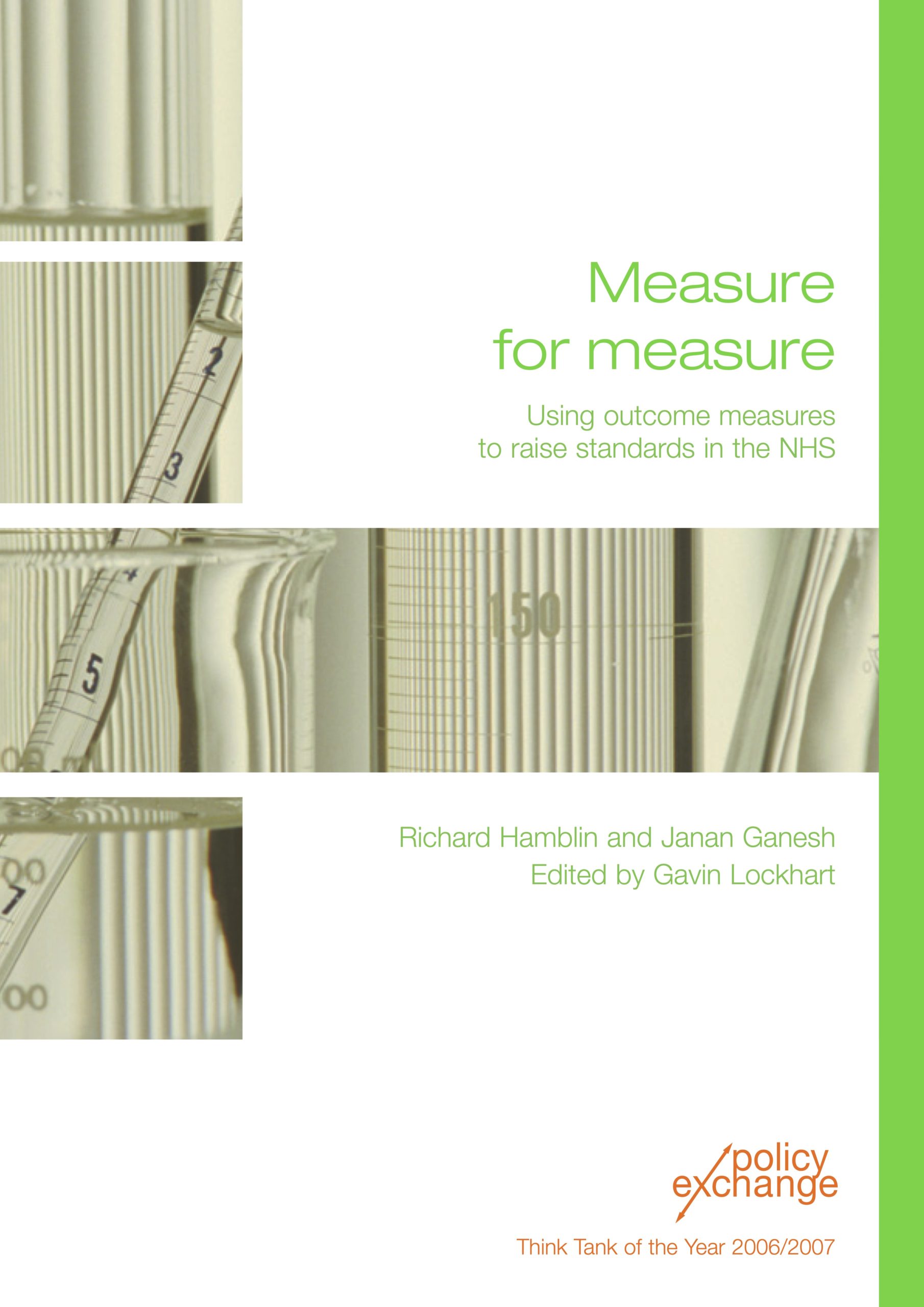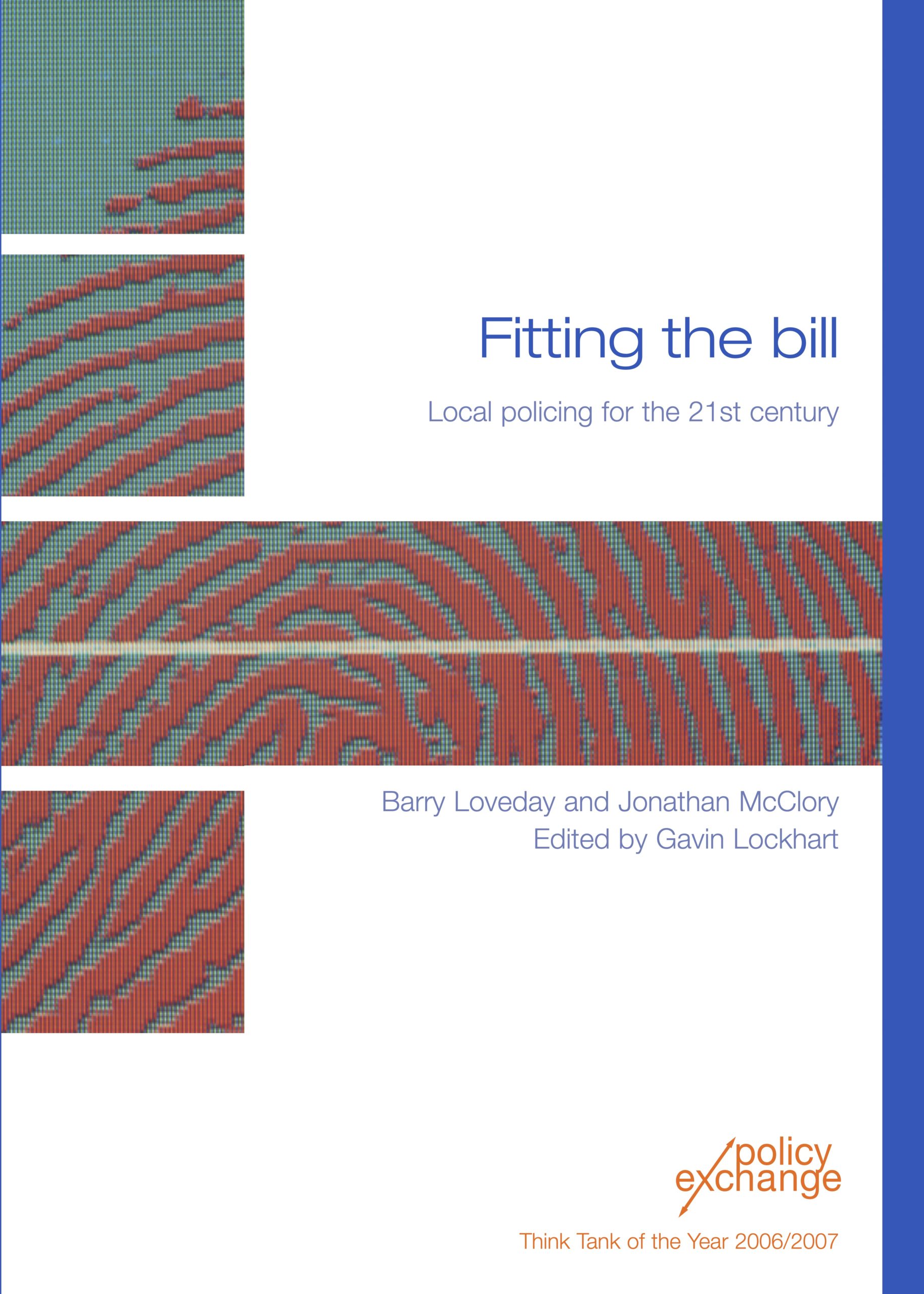Gavin Lockhart
Head of Crime and Justice Unit, 2006-2009
Gavin is now working as an adviser in Number 10.While at Policy Exchange, Gavin Lockhart was responsible for all crime and justice research. After graduating in 2002 with a first-class degree, Gavin worked as a management consultant before joining Policy Exchange in August 2006.
From the Ground Up: Promising criminal justice projects in the US and the UK examines successful demonstration projects in the UK and the US that are attempting to reduce crime, drug use and incarceration, among other challenging goals.
This report identifies examples of ten programmes that are proven to have significant impact on future offending as well as being cost-effective. But knowing what works is only the first step; these programmes have to be put into practice properly in order to have the desired effect and the report’s authors also show how to implement and fund these programmes which would cut crime and its associated costs.
Professor Brooker and Ben Ullmann highlight the current barriers to improved mental healthcare of offenders, highlight some of the most effective schemes from around the world and show how these schemes could save more than £100 million each year.
Dr Bob Golding and Jonathan McClory build on the findings of their first report - Going Ballistic - and discuss four case studies from international cities that have successfully reduced violent gun and knife crime.
Each year, in England and Wales, approximately 66,000 offenders will return to society from prison. The estimated total cost of re-offending to society is £13 billion per year. You're Hired! investigates ways of encouraging the employment of ex-offenders, thus reducing these figures.
Professor Charlie Brooker and Ben Ullmann argue that levels of mental health staffing would need to be tripled in order to reach service levels equivalent to that of the wider community but that rates of reoffending would have to fall by less than 1% to make this improvement cost effective.
Going Ballistic's findings support four primary arguments: that official crime figures do not reflect the experiences of many communities in England and Wales; that information and intelligence sharing between agencies is lacking; that early intervention and prevention work needs to be targeted and expanded and that the relevant legislation governing gun and knife crime is a mess.
All Change Please examines the challenges the NHS faces spreading the best ideas through the health system. It provides new analysis of how much is currently spent on innovation and diffusion, and makes seven recommendations on how to improve the system.
Footing the Bill investigates the challenges police face in containing costs and balancing protective services, counter-terrorism and neighbourhood policing.
In the face of the inadequacy of Britain's prison system, Unlocking the Prison Estate, argues that by unlocking the value in the prison estate the Government could generate sufficient funds to construct modern prisons that are fit for purpose and offer a greater number of prison places.
This publication explores public perceptions of gun and knife crime, opinions about the Government’s response, the ease of which members of the public can get hold of illegal firearms, and the level of support for tougher penalties and robust enforcement.
Measure for measure presents a vision of the potential future landscape of healthcare information which would provide accountability, promote increased patient trust, and improve performance.
Fitting the Bill investigates whether, and to what extent, increased local autonomy for the police could improve policing.

